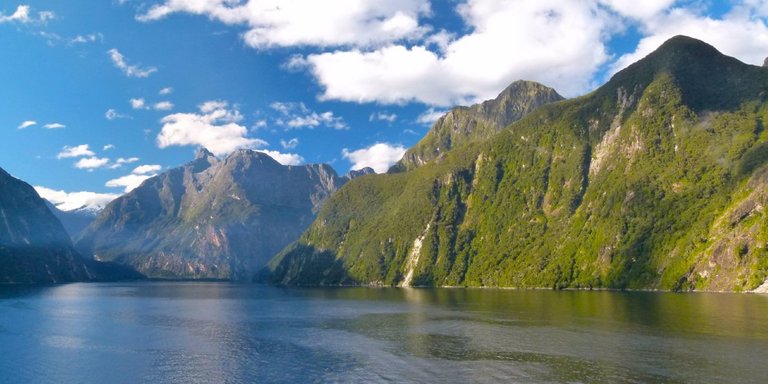
This new continent discovered by scientists in the waters around New Zealand and submerged at 1000 meters deep. From now on, after a geological study, we give some of its secrets.
It's called Zealandia. It is a sunken continent in the Pacific Ocean, north of Australia and New Zealand. This fraction of the ocean floor, covering some 5 million square kilometers, was officially recognized this year as the 8th continent of the planet. A scientific expedition has gone exploring it.
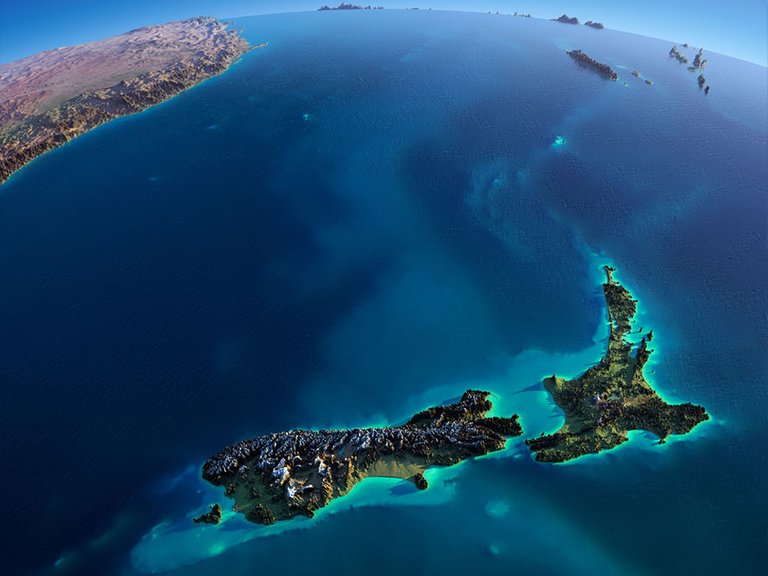
In February 2017, the publication of research by a team of Australian scientists in the journal of the American Society of Geology (Geological Society of America) disrupts the world of geography. Using satellite imagery, researchers are able to claim that a 95% ground-level plate under the waters of the Pacific Ocean, with the remaining emerging parts of New Zealand and New Caledonia, is a continent.
In addition to North America and South America, Europe, Africa, Asia, Oceania and Antarctica, an eighth continent is emerging. Since then, the "lost continent", called Zealandia, Zelandia or the New Zealand continent, has been revealing its secrets little by little.
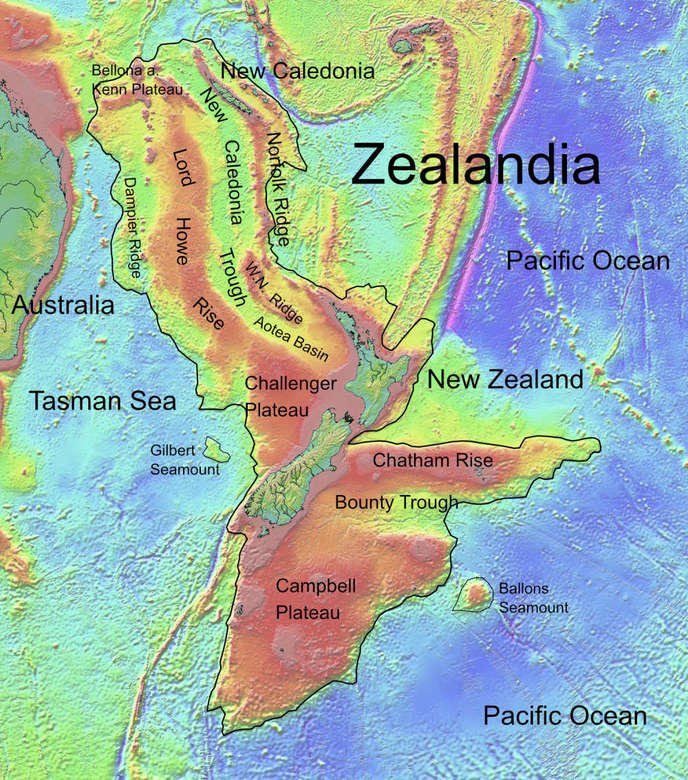
according to the researchers, the continent that was once above the water must certainly be a refuge for many species of animals and plants of the time. According to their estimates, Zealandia had to separate from Australia and Antarctica about 80 million years ago, causing a series of geological events that could explain why part of the continent is under water and to better understand the origin of the islands of New Zealand.
In addition, this scenario could provide a better understanding of how the dispersal and evolution of flora and fauna has occurred across the South Pacific. According to Rupert Sutherland, co-author of the study published in The Geological Society of America, animals and different plant species have been able to use paths to get around. Research will continue around this continent. Scientists hope to uncover the mystery of tectonic plate motion to explain the movement and immersion of this landmass.
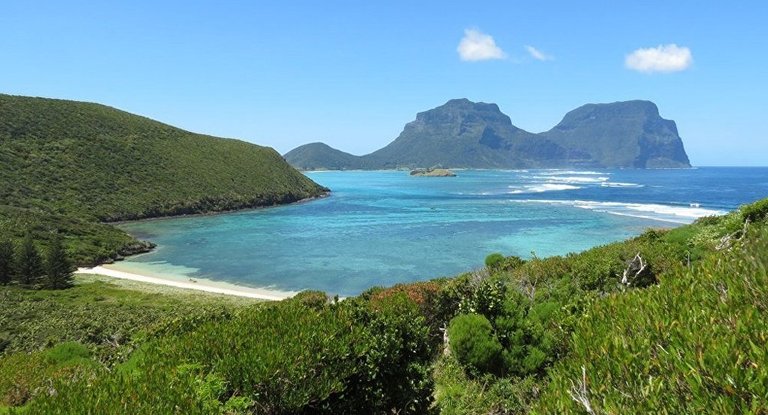
For two months, a team of 32 scientists from the International Ocean Discovery Program (IODP) embarked onboard the Joides Resolution, a vessel used in particular for drilling at sea.
The objective of this "Expedition 371" was to take samples of the seabed of the area, to better understand the evolution, through the ages, of this part of the earth's crust. Returning from their mission on September 26, the scientists brought with them several hundred fossils.
Thanks to drilling drilled up to 860 meters under the sea floor, in six different sites, scientists were able to take "tips" from the continent to understand its history. As Stephen Pekar, a member of the team, explains, "the (drill) cores are a bit like time machines, allowing us to travel further and further into the past".
The researchers were able to analyze sediments carrying information on the geographical, volcanic and climatic changes that took place on Zealandia, over a period going back up to 80 million years!
Professor Gerald Dickens, co-director of the expedition and professor at Rice University in the United States, explains that the findings made by the team show that the ocean floor was much shallower than today. "The discovery of microscopic shells of living beings that evolved in shallow seas, and the presence of cells and pollen from terrestrial plants, show that the geography and climate of Zealandia were radically different in the past. "
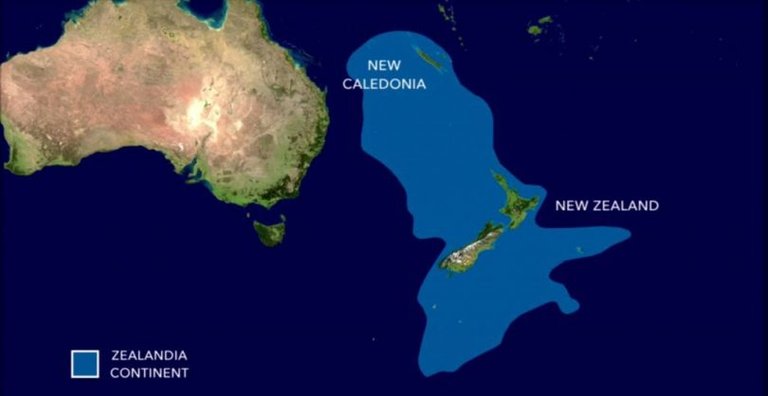
In total, the team was able to study more than 8,000 species that would have lived on this continent tens of millions of years ago. Moreover, research on plants and animals on this continent can provide answers on their movement throughout the Pacific Ocean and their evolution over time.
As Rupert Sutherland, of the University of Victoria in New Zealand and also co-director of the expedition, analyzes, "the discovery of submerged lands and shallow seas is evidence that there were ways to animals and plants can circulate in this region of the world. "
Zealandia seems to come from the "supercontinent" called Gondwana, which began to fracture 160 million years ago. The discoveries on Zealandia are far from over. Scientists have removed from their expedition nearly 2,500 meters of sediment samples and many remain to be analyzed.
Thus, during the several weeks of expedition, the researchers carried out, at six sites, several boreholes with a depth ranging from 250 to 2500 meters in the sediments and rocks of Zealandia. And thanks to these important surveys, the team was able to discover hundreds of fossil remains ranging from microscopic shells of creatures living in shallow warm water to spores of terrestrial plants. This means that Zealandia, as well as its climate, must be extremely different from what we see today.
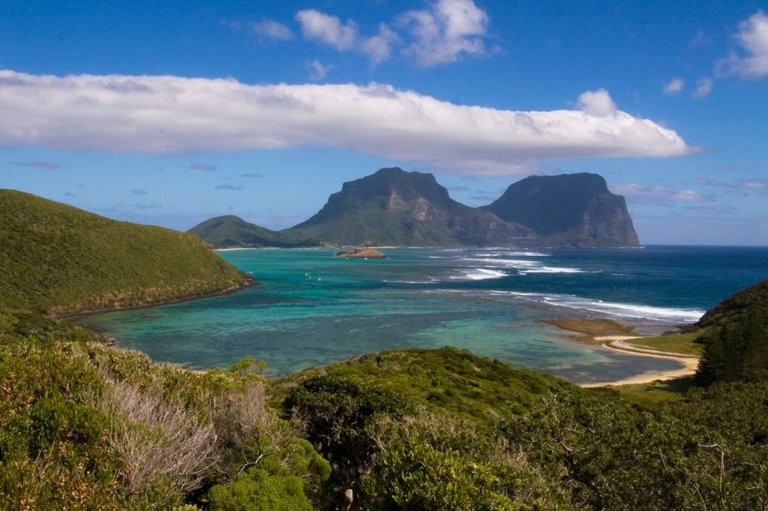
From the beginning, it has been estimated that the geographical area separated from the supercontinent Gondwana 75 to 80 million years ago and covers an area of 4.9 million square kilometers. Nearly 95% of its surface is submerged, its two main land areas being New Zealand and New Caledonia. Prof. Rupert Sutherland of Victoria University of New Zealand assures that the expedition has discovered "great geographical changes".
And the evolution of plants and animals? "The discovery of ancient lands and shallow seas (note: the submerged part being less distant from the sea level than we thought) provides an explanation: there were paths, ways for animals and animals to plants can move ".
Further study of the 2500 meters of cores extracted during the expedition should provide a more accurate idea of the changes and history of the climate of Zealandia. The drill ship is expected to take part in similar expeditions next year.
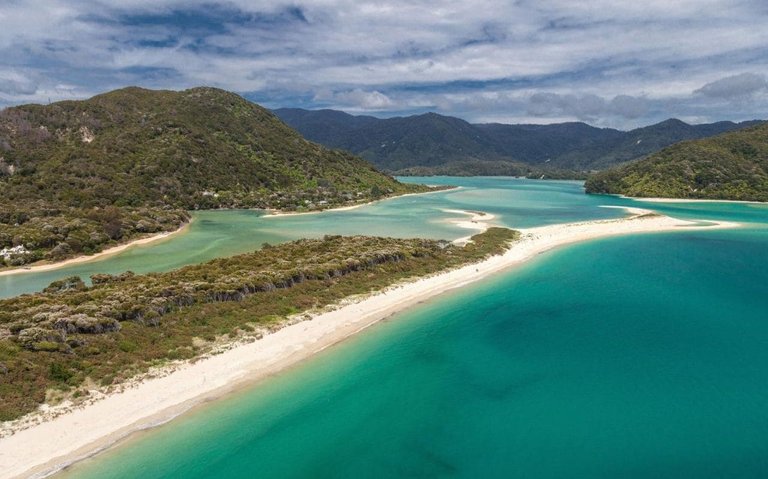
ZEALANDIA: Earth’s Hidden Continent | 8th Continent In the World | Full Story
source: http://www.geosociety.org/gsatoday/archive/27/3/article/GSATG321A.1.htm
http://www.sci-news.com/othersciences/geography/zealandia-expedition-05269.html
https://inhabitat.com/zealandia-drilling-unveils-secrets-of-once-hidden-continents-past/
http://www.telegraph.co.uk/news/0/zealandia-secrets-does-worlds-hidden-eighth-continent-hold/
Thank you for stopping by, I hope you enjoyed. Please share your thoughts below and comment on what you think :]
Best regards,🌺🌺🌺

wow excelente trabajo mi amigo, maravillosos lugares, saludos!
thanks hector, saludos :)
Never heard about this before... i guess because I'm not following national geography channel. So, my understanding is that most of this continent is submerged under water. Do you know if scientists figured out if the apparent part of the continent is good for urbanization? Is it politically part of New Zealand?
Thanks for your comment nuridin ^^
For your information, about 94% of the new continent is underwater just like New Zealand and two states, New Caledonia in the new continent.
Very interesting. I'll see if people start travelling there to populate it...I'd be interested to visit. Thanks for letting us know about it.
Very nice country ,good job aek .
thanks fouaz :)
شكرا للمشاركة الجميلة و المعلومات المفيدة!
حصلت على تصويت من
@arabsteem curation trail !
و تم اختيار مقالتك ضمن مقالات يومية مختارة للنشر اليوم في مقالنا! :)
شكرا على دعمكم المتواصل...بالتوفيق
Wow! Very interesting!
thanks ^^
well done dear brother. you are doing very well. glad to see like this proud of u as well
Thanks dear brother ^^
Thank you for your sharing
thanks@slowwalker for your support :)
woow beautiful
Thanks nationall^^
@originalworks
The @OriginalWorks bot has determined this post by @aek081969 to be original material and upvoted it!
To call @OriginalWorks, simply reply to any post with @originalworks or !originalworks in your message!
great post, aek0, very interesting
@aek081969 upvoted
You got a 4.16% upvote from @upmewhale courtesy of @aek081969!
This post has received a 19.92% upvote from @msp-bidbot thanks to: @aek081969. Delegate SP to this public bot and get paid daily: 50SP, 100SP, 250SP, 500SP, 1000SP, 5000SP Don't delegate so much that you have less than 50SP left on your account.
This post has received a 1.62 % upvote from @aksdwi thanks to: @aek081969.
3.22% @pushup from @aek081969